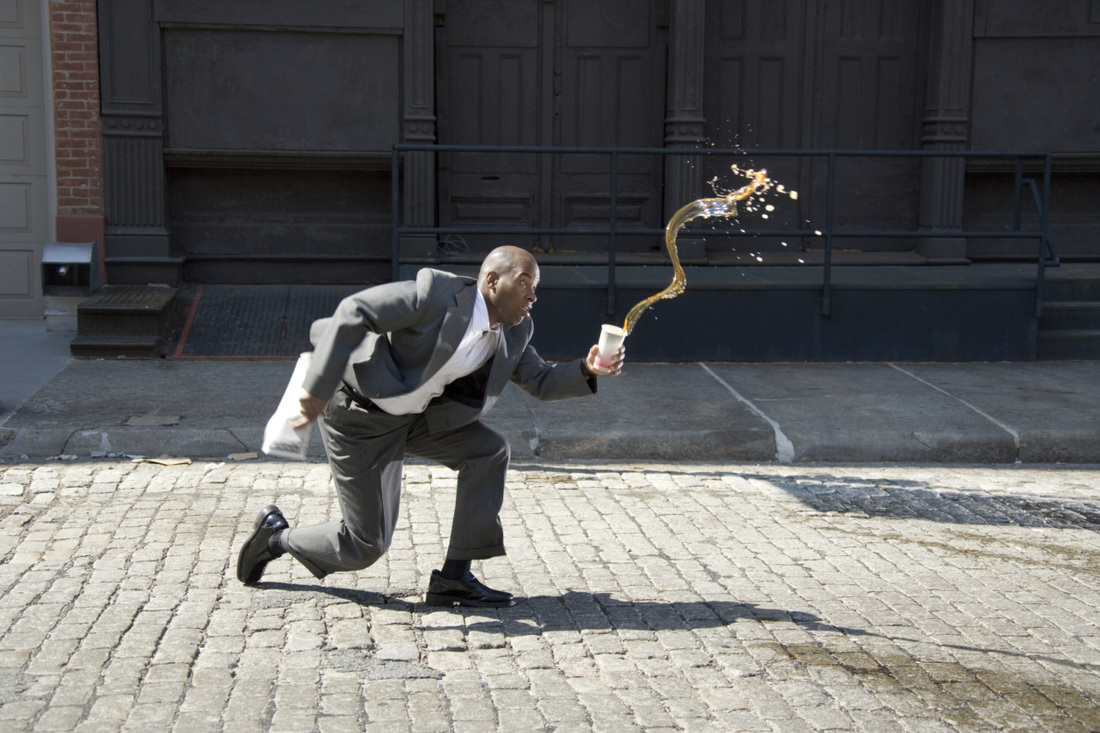Scenario:
This incident happened when the customer just stepped out of the restaurant in the mall right after his dinner, then he slipped and fell into a small holes and twisted his leg due to the construction currently performed in the parking lot of the mall, with no warning sign visible to the pedestrian. The hole is just few steps away from the restaurant, and the customer suspected that the restaurant was responsible for his injury at that moment, without further knowledge of any possible parties that are involved!
Who is the occupier in this case?
The restaurant is considered as a commercial tenant of the mall, which may not have control over the condition of premises, as opposed to the fact if the incident would have happened inside the restaurant.
Therefore, the owner of the mall or/and the property management company would possibly be the occupier(s) of the premise in this case. These entities probably have the duty to maintain, repair or/and monitor the parking lot in the mall, depending on whether the function of property management is an in-house service by the owner of the mall or work performed by an independent contractor. Due to the fact that the victim normally may not be able to identify the working relationship between these two entities, it is recommended to put both parties in the claim just to be on the safe side.
According to the Occupiers' Liability Act defines an Occupier as
- a person who is in physical possession of premises; OR
- a person who has the responsibility for and control over the condition of premises or the activities there carried on, or control over persons allowed to enter the premises, despite the fact that there is more than one occupier of the same premises; ("occupant")
What is an occupier's duty pursuant to s. 3 of the Occupiers' Liability Act?
3. (1) An occupier of premises owes a duty to take such care as in all circumstances of the case is reasonable to see that persons entering on the premises, and the property brought on the premises by those persons are reasonably safe while on the premises;
Idem
(2) The duty to care provided for in subsection (1) applies whether the danger is caused by the condition of the premises or by an activity carried on the premises.
Is an occupier still liable if this incident occurred due to failure or omission of work performed by the independent contractor (probably the property management company in this case) within the duties specified in the contract?
Pursuant to s. 6 (1) of the Occupier Liability Act deals with the question of liability where an independent contractor is involved:
6. (1) Where damage to any person or his or her property is caused by the negligence of an independent contractor employed by the occupier, the occupier is not on that account liable if in all the circumstances the occupier had acted reasonably in entrusting the work to the independent contractor, if the occupier had taken such steps, if any, as the occupier reasonably ought in order to be satisfied that the contractor was competent and that the work had been properly done, and if it was reasonable that the work performed by the independent contractor should have been undertaken.
What if an additional party is only known to the victim after the 2-year limitation period?
A victim can still pursue the proceeding with the additional party after the expiration of 2-year time limit, as long as he can prove that he could not have known of the party involved on the day the act or omission on which the claim is based took place, given that due diligence has been exercised.
Section 5 of the Limitation Act, 2002 reads as follows:
5. (1) A claim is discovered on the earlier of,
(a) the day on which the person with the claim first knew,
i) that the injury, loss or damage had occurred,
ii) that the injury, loss or damage was caused by or contributed to by an act or omission,
iii) that the act or omission was that of the person against whom the claim is made, and
iv) that, having regard to the nature of the injury, loss or damage, a proceeding would be an appropriate means to seek to remedy it; and
OR
(b) the day on which a reasonable person with the abilities and in the circumstances of the person with the claim first ought to have known of the matters referred to in clause (a)
How can an Occupier's negligence be established in this case?
Causation should be established in the negligence case, where there should be a direct relationship between the actual injury to the victim and the duty of care of an occupier below its standard in the circumstance. Of course, medical report can be one of the reliable sources of evidence to prove this causation.
Contributory negligence can also take place, that more than one occupier could be liable for the portion of which the duty of care is breached, that could actually lead to the victim's injury.
What type(s) of damages can a victim seek for in the negligence case?
1. Compensatory damages
- General Damages such as pain and suffering;
- Special Damages (i.e. medical treatment, income etc.);
2. Injunction - To award cost if the compensatory damage is not adequate;
3. Aggravated damages - To compensate for the effects of the outrageous conduct;
4. Punitive damages - To punish or deter a defendant, only subject to exceptional circumstances.
Disclaimer: This information is not intended to be construed as a legal advice, but strictly for information only in this entire website. Please contact Trustworthy Legal Service for your independent legal advice in your particular situation. The first consultation is also required prior to my retainer of your case.
Follow on Facebook, Twitter, Google+ and LinkedIn!
Like or/and share this post if you find it useful!


 RSS Feed
RSS Feed